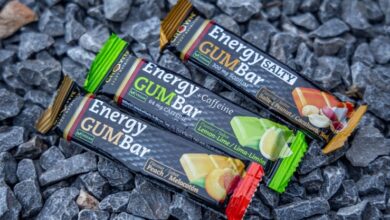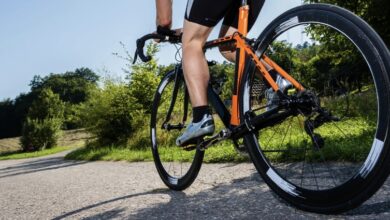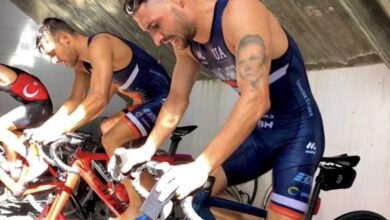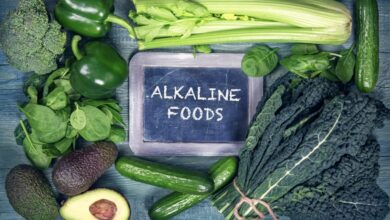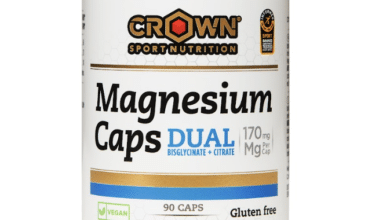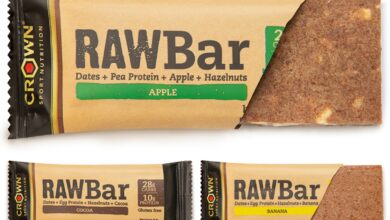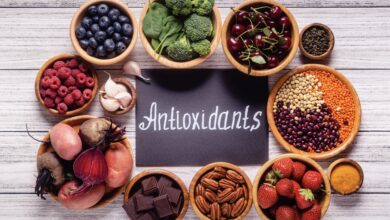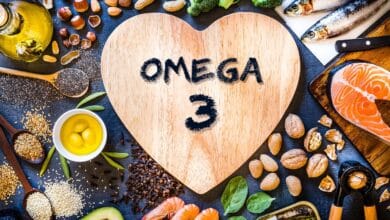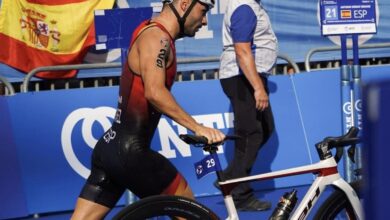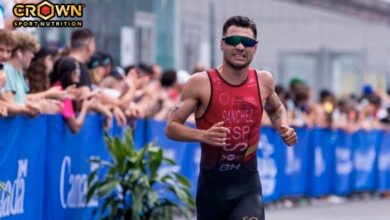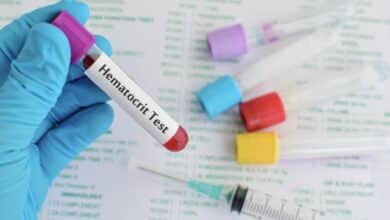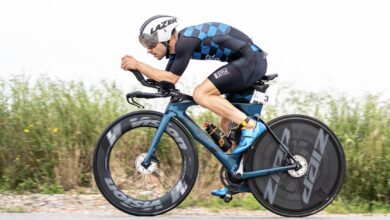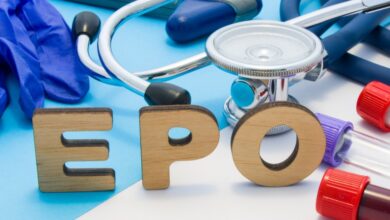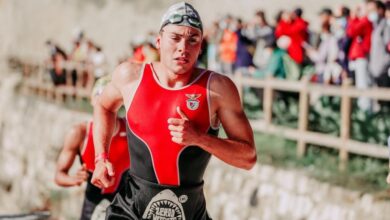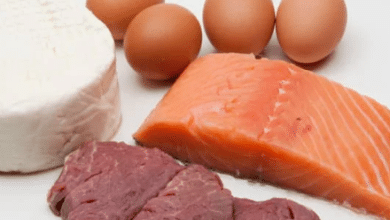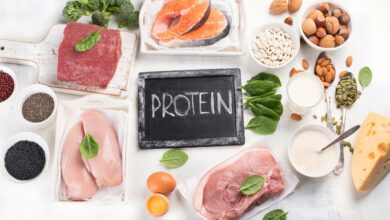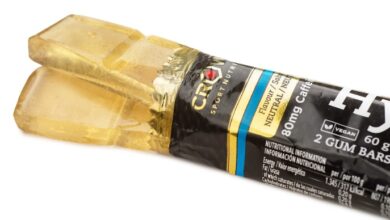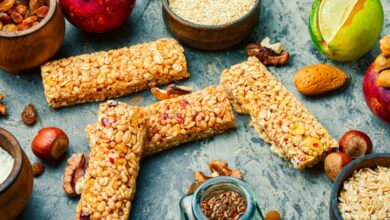Food, triathlon, performance and health
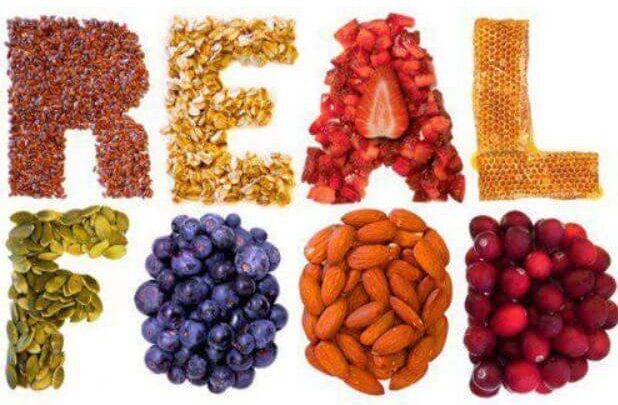
What is an adequate diet? There are many trends today, many myths, many different products, an impressive boom in the supplementation industry, many people (of all kinds) recommending things… who to listen to and who not?
Both in sport and outside of it, the way we feed ourselves is something fundamental to our health and for the perfect functioning of our body. But if we focus on sports, it is even more important to follow adequate food and nutrition since it can help us a lot to feel better, perform more and not injure ourselves (or injure ourselves less) ... everything that any triathlete looks for in his day a day.
And what is an adequate diet? There are many trends nowadays, many myths, many different products, an impressive boom in the supplementation industry, many people (of all kinds) recommending things ... who to listen to and who not? When we want to make specific changes in our nutrition or follow a specific diet, it is best to go to a dietitian-sports nutritionist with a university degree, and with specific training in sports (Not everyone has it), since that is the best guarantee to do things well and to know that with the nutrition guidelines that we follow we are not endangering our long-term health.
We are seeing in recent months that more and more professional and non-professional triathletes are changing the way they feed themselves towards trends that at first seem strange for what has always been done in the world of sports ... take less carbohydrates to train and compete? Eliminate cereals from the diet? vegetarianism? Do not eat gluten?… Iván Raña and Eneko Llanos are some of the examples that we could put that in recent months they are making changes of this type to improve their performance and their health as athletes.
And we see that yes, that you can, and that all food of the triathlete does not consist of eating pasta and rice, there is life far beyond that. But to make any change in that type of food guideline (or whatever it is), it is best to put yourself in the hands of professionals (dieticians-nutritionists as I said before) so as not to carry unfortunate surprises in the short, medium and / or long term.
But as general recommendations, what can we do? I'm just going to talk about some basic points that help improve general nutrition and our state of health.
1 Practice the "real food",
that is, always choose unprocessed foods whenever possible. We should get used to buying more in the market than in the supermarket, and buy real foods and not "products". The basis of our diet should be fruits and vegetables, not cereals, as they have made us think of the classic food pyramids. And if we consume local products much better, a tomato grown a few km from where we live will always be much cooler and will have many more properties when we buy and consume it if it comes from another much more distant area, that has gone through cold rooms several days and travel thousands of kilometers to reach our sales area.
2 Get used to reading the ingredients of the products you usually buy.
And I mean the list of ingredients that carries what you're eating, not the nutritional assessment chart, that's almost the least important. The fewer "odd names" and E-sees in the ingredients of what you buy much better, your intestine and your body will thank you very much.
3 It is always a good idea to decrease the sugar in the diet.
Not only the coffee in the morning, but all the added sugar that we eat in processed products and often we do not even stop to look (in the ingredients): vegetable milk, corn, bread, fried tomato ... Although it is true that The only problem with current diets is not just sugar, it is a good starting point to start looking at.
4 Do not be afraid of "good" fats.
For any athlete it is essential to consume quality fats: nuts, blue fish, avocado ... it is much healthier to eat for example a whole natural yogurt than a sugary skimmed one. Fat is going to make your body much better than sugar.
5 Introduce raw vegetables and fruits daily into your diet.
Yes, although fruits and vegetables are good the way you do them, the less we cook them, the more nutrients they keep, get used to eating, for example, both in the food and in the salad dinner raw vegetables, most vegetables can be consumed raw although we are not very used to doing it.
6 If you have a good diet, do not take supplements like crazy, you probably do not need them.
The supplementation that is introduced in our diet should always be indicated and supervised by a specialized sports nutritionist. That is the only way that what we take is truly effective for the effect we are looking for, and that it is well compensated with the diet.
7 Do not forget to hydrate throughout the day with water.
Although it seems quite basic, it is forgotten much more than it seems.
These are just some general guidelines to start eating healthier, to make something more individualized to each one's needs and for everything else it is best to put yourself in the hands of dieticians-nutritionists. It is easy to understand that sports performance depends a lot on the "gasoline" that we put into our body, therefore the more we take care of this aspect, in addition to health we can take care of, enhance and improve the training and performance of any athlete.
Dra. Mª Angeles Sanchez
Innova Institute
Photo: ejemplos.co
There are no previous results.







